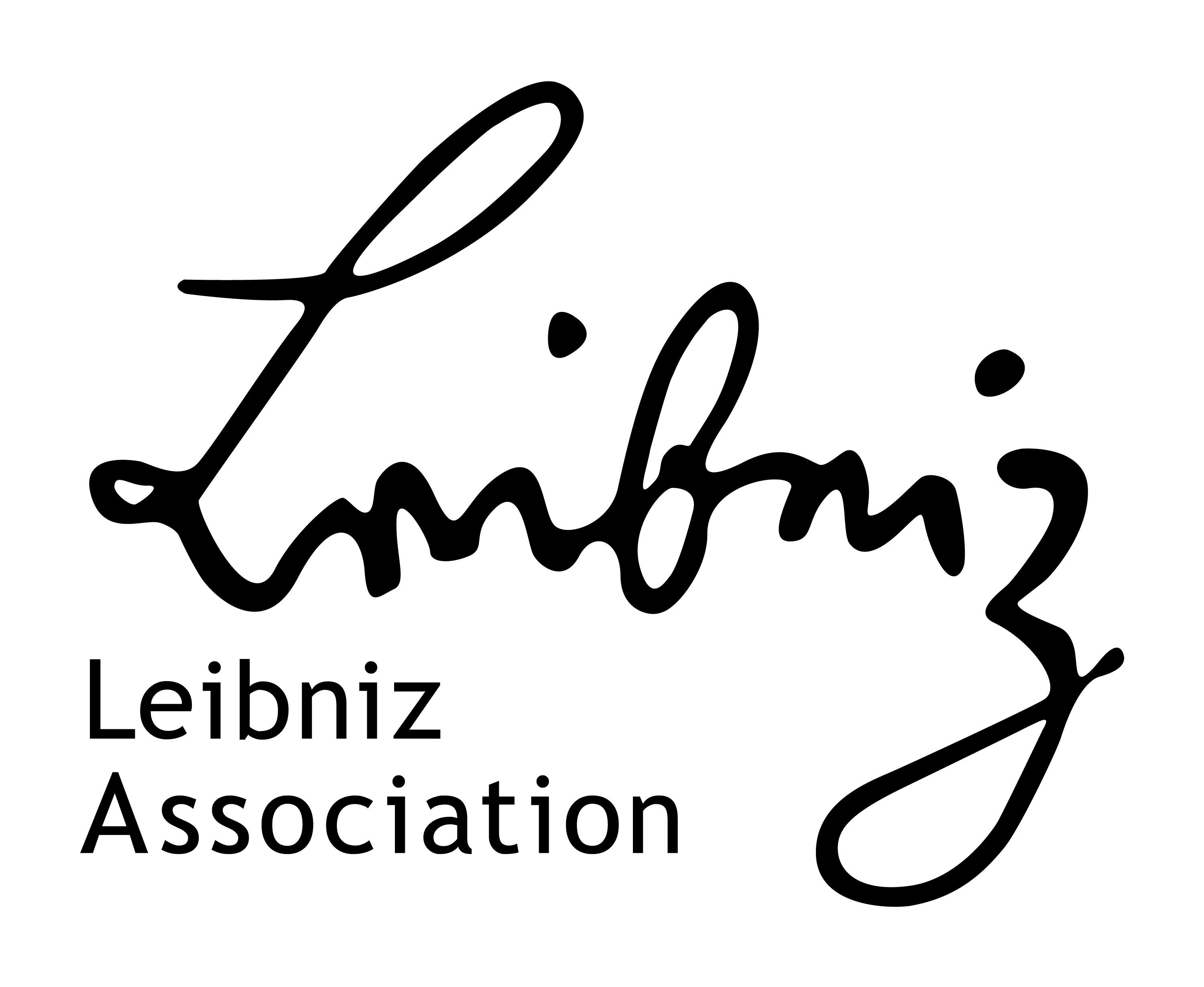A matter of the heart with a double signal effect
After all, making the Leibniz Association even stronger and more resilient in its contribution to solving the major challenges facing society is a matter close to the heart of the Leibniz President, who has been in office for a good six months. For collaborative strength and for a common future, the President exchanged views with the researchers and the two Scientific Directors, Prof. Dr. Klaus Lieb and Prof. Dr. Beat Lutz, as well as the Commercial Director, Dr. Thorsten Mundi, while there were deeper insights into the work of the three research areas, the three research platforms and the area "Resilience and Society".
"Strength is the basis for development, and resilience is in turn the basis of strength. The latter is important not only for the Leibniz Association, in which 97 institutes conduct research on highly relevant topics for society, but is also a valuable asset for every individual. Resilience thus has immense relevance for our future, especially in the current times of crisis," said Prof. Dr. Martina Brockmeier. "I am also particularly pleased to be visiting the Leibniz Institute for Resilience Research in Mainz today, one of the youngest institutes in our community. With its broad interface to many other Leibniz Institutes and various scientific disciplines, it brings with it the best prerequisites for interdisciplinary cooperation for the benefit of society. Today, I was able to see a fine example of how Leibniz institutes translate their findings from research into practical applications: with the Employee Assistance Program (EAP), LIR has developed an evidence-based and needs-oriented support program that provides companies with very concrete assistance in strengthening the mental health and resilience of their employees."
"It is therefore both a great pleasure and an honor for us to be able to present our work to Professor Brockmeier. We want to make a contribution to understanding resilience as mental resistance and strength even better and to develop methods from this as to how it can be promoted, improved or maintained in people in the long term," Professor Dr. Klaus Lieb, Scientific Director, is pleased about the visit. Thus, the LIR is not only dedicated to questions of very high social relevance and international significance, it also fills an important gap in the German research landscape and is the first center of its kind in Europe, emphasized Prof. Dr. Beat Lutz, the second Scientific Director of the LIR. "Being part of the Leibniz Association, which gives us the freedom and the resources to work on this exciting topic, is a great challenge and responsibility for us. For this reason, the entire team at LIR is working intensively, agilely and highly motivated for a good, strong future ", adds Dr. Thorsten Mundi, Commercial Director of the LIR in conclusion.
The Leibniz Institute for Resilience Research (LIR) was founded in 2014 as the German Resilience Center (DRZ) and was admitted to the Leibniz Association as LIR in January 2020. LIR is a non-university research institute in which neurobiologists, physicists, physicians and psychologists conduct interdisciplinary research on the phenomenon of resilience, i.e. the maintenance or rapid restoration of mental health during or after stressful life events. Its central concerns are to understand resilience mechanisms neuroscientifically, to develop interventions to promote resilience, and to work toward changing living and working environments in ways that strengthen resilience. The LIR is thus dedicated to one of the currently most pressing social issues and is the first institute of its kind in Europe.
Martina Brockmeier has been President of the Leibniz Association since July 1, 2022. From 2017 to 2020, she was chair of the Science Council, of which she had been a member since 2014. The agricultural economist is Professor of International Agricultural Trade and World Food Economics at the University of Hohenheim.
The Leibniz Association brings together 97 independent research institutions. Their focus ranges from the natural sciences, engineering and environmental sciences to economics, spatial sciences, social sciences and the humanities. Leibniz institutes are dedicated to socially, economically and ecologically relevant issues. They conduct knowledge- and application-oriented research, also in the overarching Leibniz Research Associations, or they maintain infrastructures (databases, collections, large-scale equipment, etc.) and offer research-based services in addition to their research activities. The Leibniz Association focuses on knowledge transfer, especially with the Leibniz Research Museums. It advises and informs politics, science, industry and the public. Leibniz institutions maintain close cooperation with universities, among others in the form of the Leibniz Science Campuses, with industry and other partners in Germany and abroad. They are subject to a transparent and independent review process. Due to their national importance, the federal and state governments jointly fund the institutes of the Leibniz Association. The Leibniz institutes employ nearly 21,000 people, including almost 12,000 scientists. The total budget of the institutes is two billion euros.



